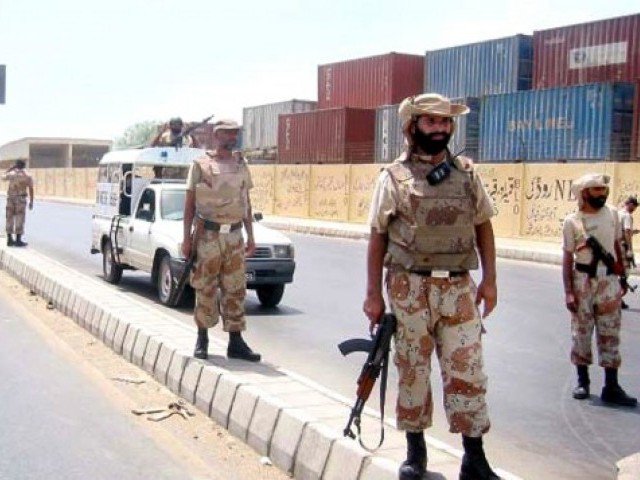

It is also a fact that the operation has created some political disarray in the city. The law-enforcement agencies are not inaccurate when they point out that criminal mafias are closely tied in with political elements. Given the nature of politics in Karachi, we however, need to be cautious to avoid any impression of there being victimisation or deliberate targeting of particular political parties. To ensure the operation continues to succeed, the law-enforcement agencies must display total impartiality in all actions and make sure they cannot be accused of carrying out a deliberately designed agenda. Such suspicions, even if unjustified, would only worsen the existing situation in Karachi and add to the mistrust and allegations of various kinds which have already to some extent marred it. Avoiding this is especially important given the relative political balance in Karachi. Yet, law and order has to be maintained and it is a good omen that the law-enforcement agencies seem to succeeding on this count at the moment. At the same time, however, acts of violence, such as the massacre at Safoora Chowrangi, have also continued during the past year. It is critical that all such violence also ends in the country’s financial hub.
Published in The Express Tribune, September 8th, 2015.
Like Opinion & Editorial on Facebook, follow @ETOpEd on Twitter to receive all updates on all our daily pieces.


















COMMENTS (3)
Comments are moderated and generally will be posted if they are on-topic and not abusive.
For more information, please see our Comments FAQ